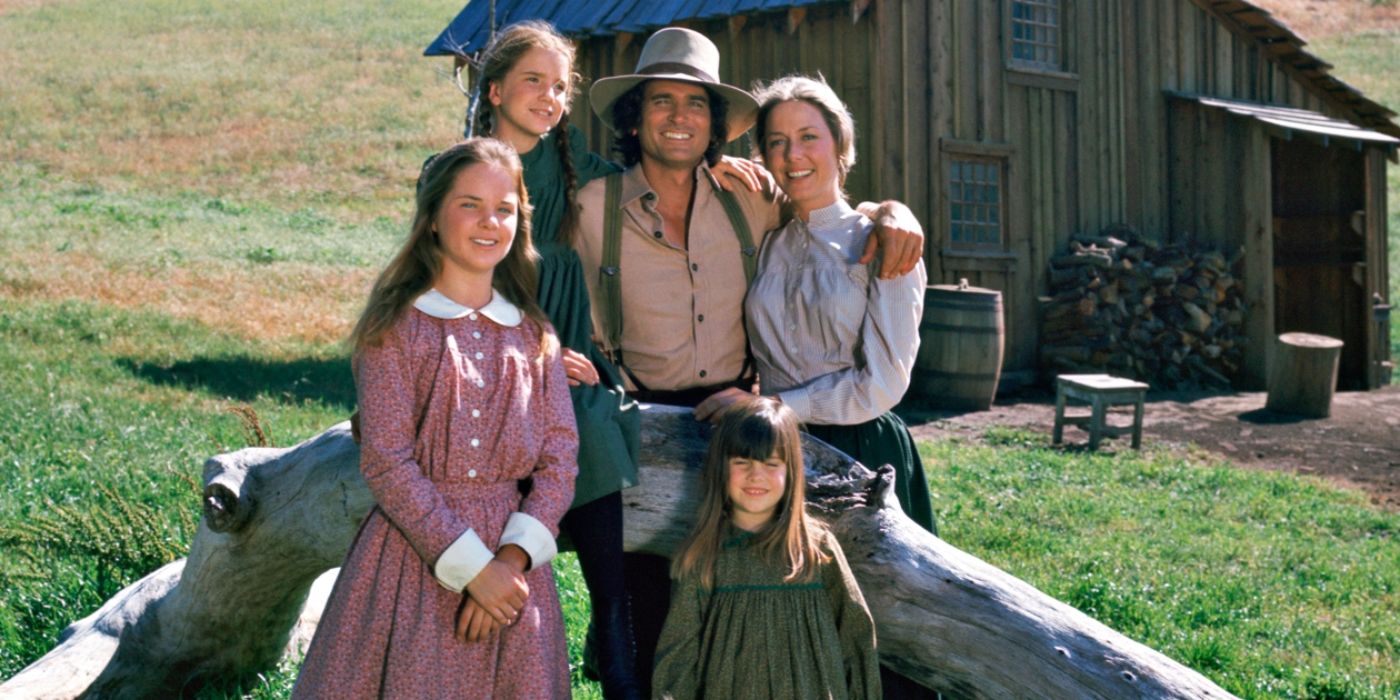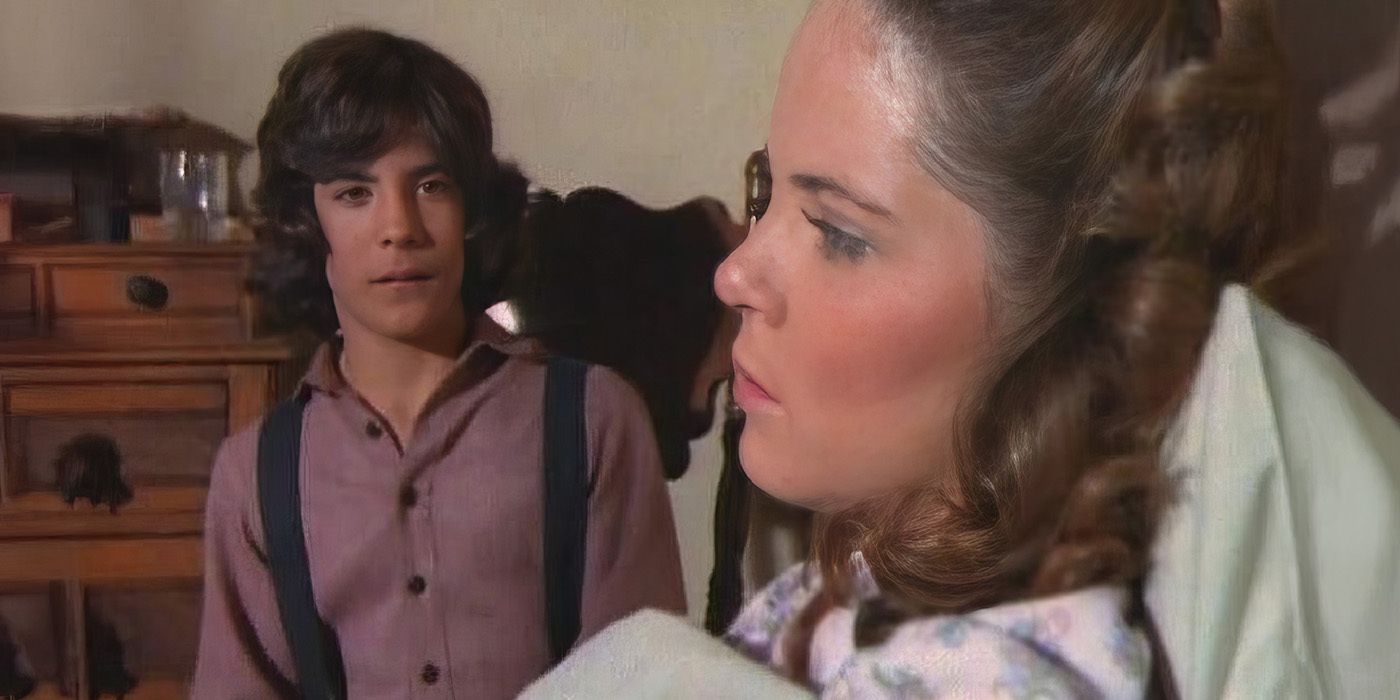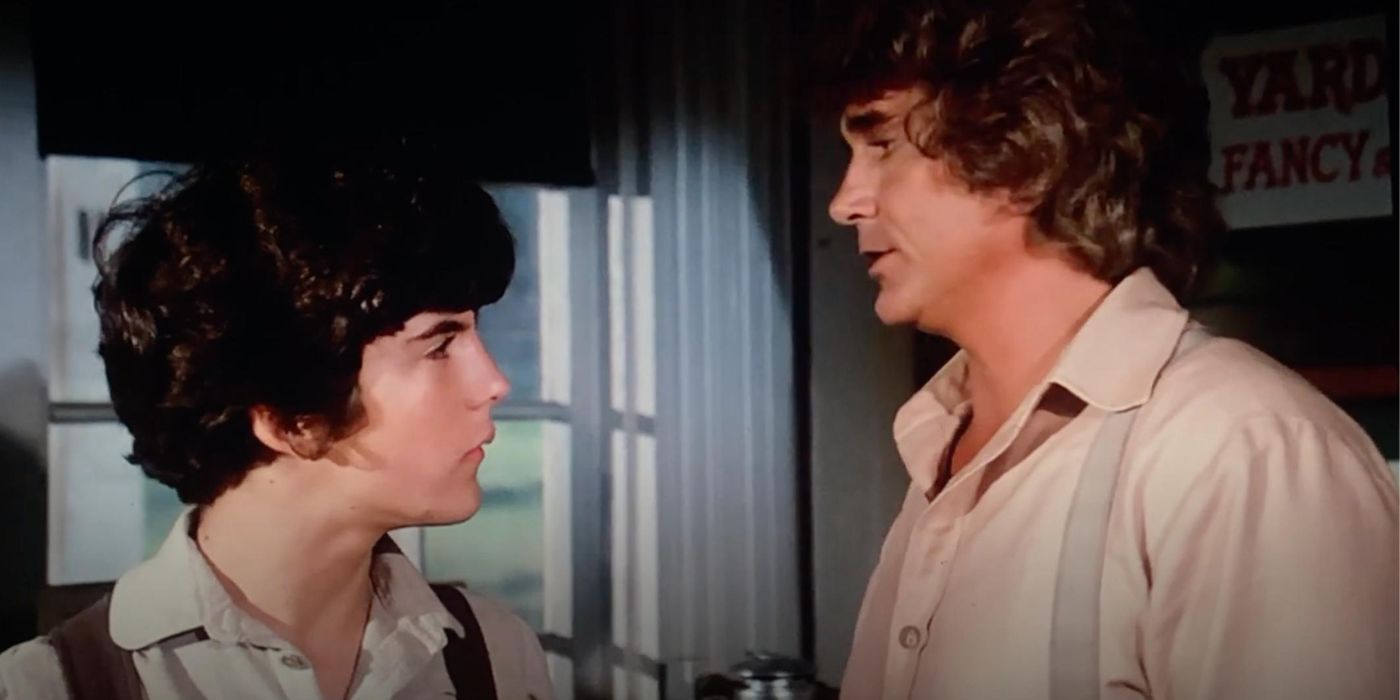Despite having gone off the air more than four decades ago, Little House on the Prairie remains one of the most iconic and beloved series in the history of television. Based on the series of books by Laura Ingalls Wilder, which were, themselves, based on her own childhood experiences, the series ran for nine seasons, with an additional three made-for-tv movies that aired the following year. Even as a new Netflix remake heads into production, the classic series continues to entice new generations, thanks to its memorable characters and complex stories. For many of us who love the show, it’s the character of Albert (Matthew Labyorteaux) who embodies these elements better than anyone.
Joining the Ingalls family during Season 5, Albert became an immediate fan favorite, thanks to his sympathetic storyline, chemistry with the cast, and his charming, troublesome streak. The show truly pulled off some incredibly deep stories with Albert, such as the infamous “Sylvia” storyline, and his heart-wrenching swan song, “A Look Back to Yesterday.” That being said, Albert’s aforementioned penchant for trouble often led to some incredibly dark plots, perhaps none more so than his involvement in “May We Make Them Proud.” A two-part installment, the Season 6 arc showed the darker side of Albert, one that was not only consistent for the character but was often played down in surprising ways.
This ‘Little House on the Prairie’ Episode Shows Albert’s Rebellious Side
It may be remembered as a family-friendly drama, but Little House on the Prairie never shied away from telling stories with biting social commentary and dark twists. “May We Make Them Proud” is Little House on the Prairie‘s darkest episode. The first part features Albert in the basement of the local school for the blind, attempting to smoke a pipe. When Hester-Sue (Ketty Lester) catches him, he tries to hide the pipe, ultimately forgetting about it, which ultimately kills Alice Garvey (Hersha Parady) and Mary’s (Melissa Sue Anderson) baby. The two-parter is obviously heartbreaking and jarringly dark, but it’s one of the few outings where it’s hard to justify Albert’s destructive side.
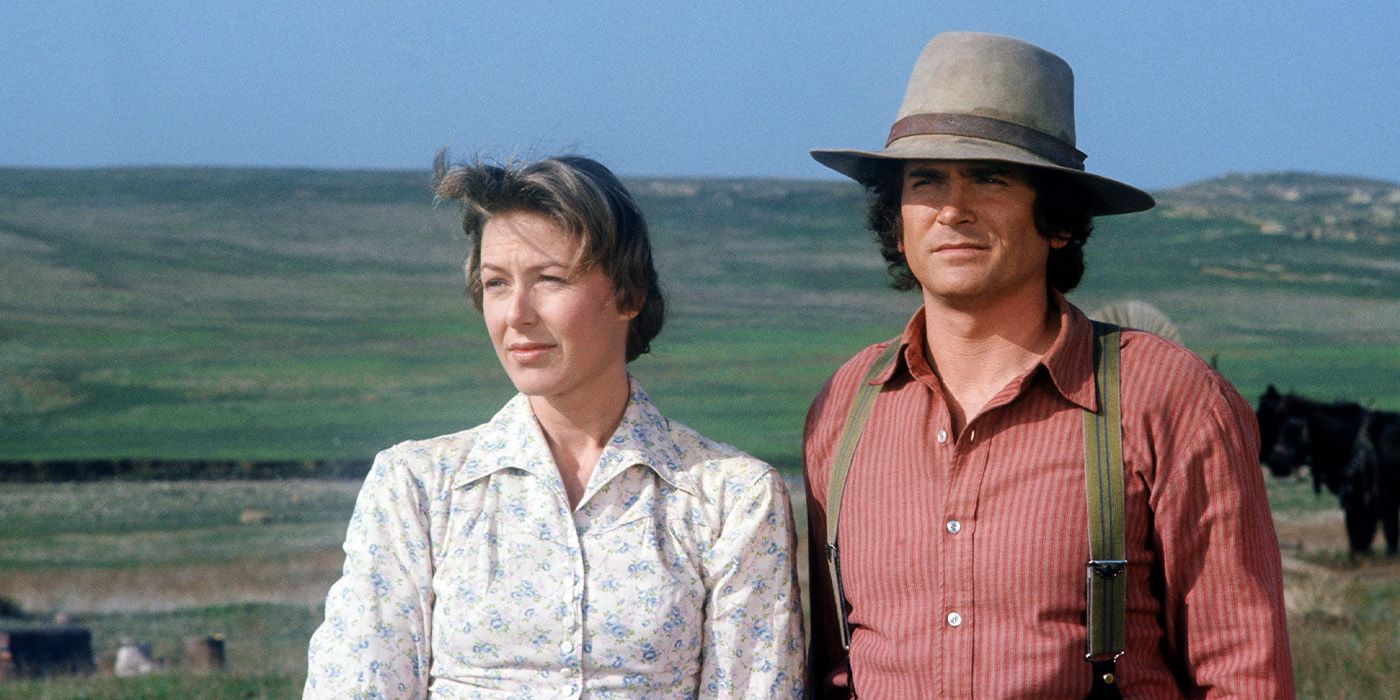
Related
Saddle Up! Netflix’s ‘Little House on the Prairie’ Remake Just Got Closer to Our Screens
The Ingalls will return to capture our hearts again soon.
While Albert is, of course, only a kid in the outing, the fact that his actions cause such carnage reveals an unsettling amount about the character. Often portrayed as sympathetic, Albert has an undeniable rebellion about him, one that can often be charming, but, in this case, is plain horrific. While the episode does plenty to punish Albert for his actions with his deep guilt and the horrific feelings that plague Mary, when we consider the implications of what he did, it’s hard not to realize just how disparaging the character can be, a troublesome streak that only got more intense as the years went on.
Albert Was One of ‘Little House on the Prairie’s Most Destructive Characters
He may be one of our favorite characters, but Albert was also one of Little House on the Prairie’s most troubled. In many ways, “May We Make Them Proud” was a turning point for the character, paving the way for several deeply dramatic and destructive arcs. For a series focused on wholesome themes, Albert certainly pushed the envelope. Sure, he, Laura (Melissa Gilbert) and the other children of Walnut Grove got into the occasional scrapse, but nearly each of the seasons that followed “May We Make Them Proud” featured Albert becoming entangled in a destructive event.
In the Season 8 episode, “Dark Sage,” Albert joins a gang of delinquents who cause harm and vandalism around the city. It isn’t exactly as devastating as the events of Season 6, the following year aired “Home Again.” In a dark and heartbreaking Little House on the Prairie episode, “Home Again,” Albert forms a dependency on morphine. While it may not contain death in the same way “May We Make Them Proud” did, it’s an incredibly difficult episode to watch. It is, by far, Albert’s lowest point due to the biting writing and a truly remarkable performance by Labyorteaux. Interestingly, his legacy doesn’t often do the character justice.
Albert’s ‘Little House on the Prairie’ Legacy Is Complicated
As previously mentioned, Albert is often fondly remembered, and, in many ways, he should be. But we often oversimplify him as an endlessly likable character, especially considering the jarring twists he created. In fact, more often than not, he’s made out to be a martyr. After all, the character’s final episode, “A Look Back to Yesterday,” saddles him with a life-threatening illness and a surprisingly ambiguous ending. As much as we may love the character and sympathize with him, he still did enjoy an arc more complex than any of his co-players, and it’s that inherent darkness that kept us so invested in him. Looking at him as anything less degrades years’ worth of deeply nuanced and ahead-of-its-time writing. Indeed, as hard as it may be to do so, revisiting episodes such as “May We Make Them Proud” is a good way to separate the “real Albert” from the simplified legacy.
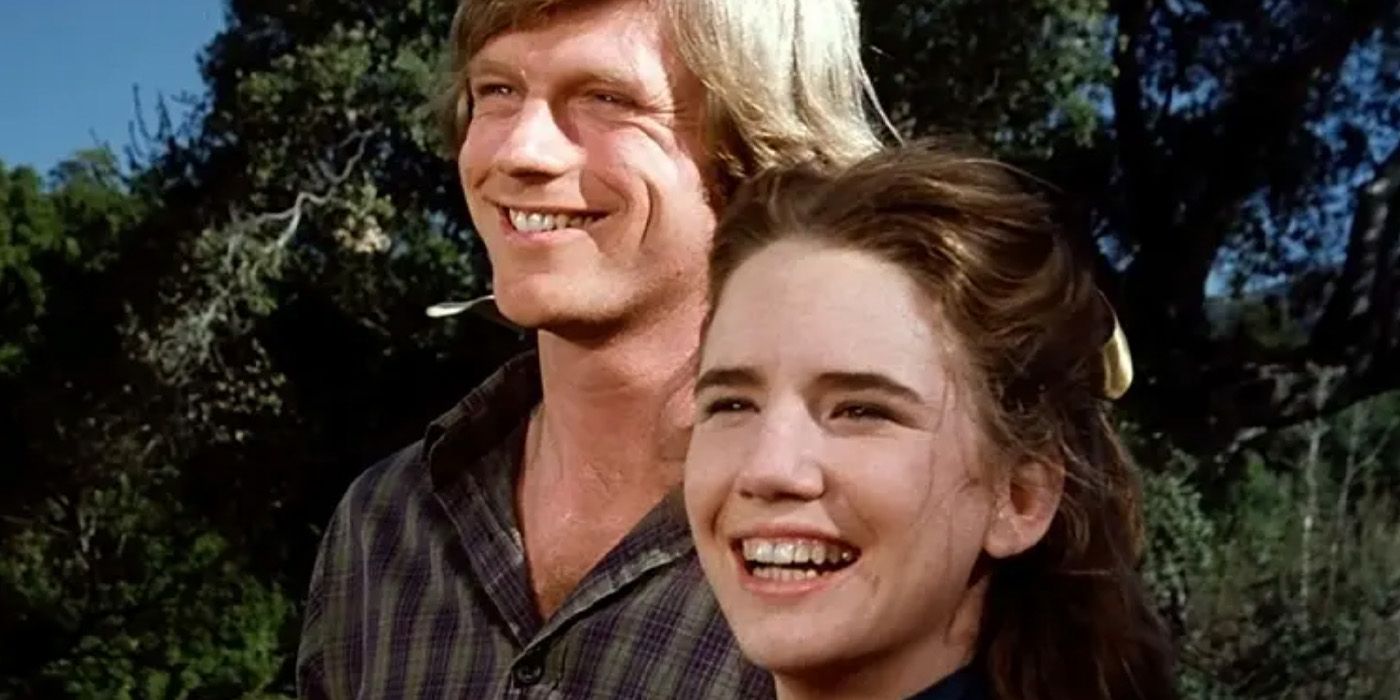
Related
Netflix’s ‘Little House on the Prairie’ Reboot Is Actually Happening — And It’s Found Its Lead
Yet another classic show is getting the reboot treatment.
Little House on the Prairie remains one of television’s most dynamic shows. Despite being aimed at families, episodes such as “May We Make Them Proud” remind us of how daring the series was, especially with the character of Albert. While one of our most beloved players on the show, there’s no denying that he was also its most damaging. “May We Make Them Proud” set up a multi-year arc for the character that created some of the most edgy outings the show ever attempted. Though his arc is often simplified to that of a martyr, Albert remains intriguing because of his dark side. Though one of the series’ most difficult installments to watch, even to this day, “May We Make Them Proud” remains one of the series’ most integral moments, and solidified Albert as a nuanced, fascinating, and destructive character in the wholesome series.
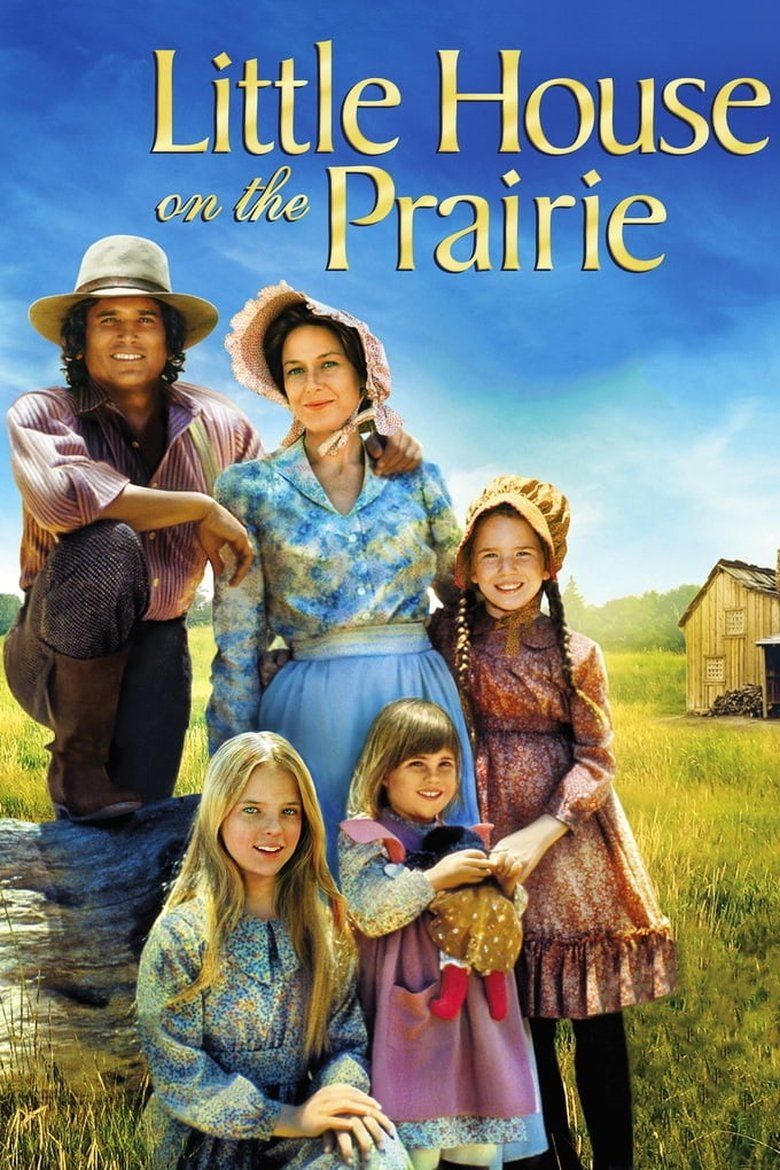
Little House on the Prairie
- Release Date
-
1974 – 1983
- Network
-
NBC
- Directors
-
Victor French, William F. Claxton, Leo Penn, Alf Kjellin, Joseph Pevney, Lewis Allen, Maury Dexter, Michael Ray Rhodes
-

Melissa Gilbert
Laura Ingalls
-

Michael Landon
Charles Ingalls
-

Karen Grassle
Caroline Ingalls
-

Melissa Sue Anderson
Mary Ingalls
